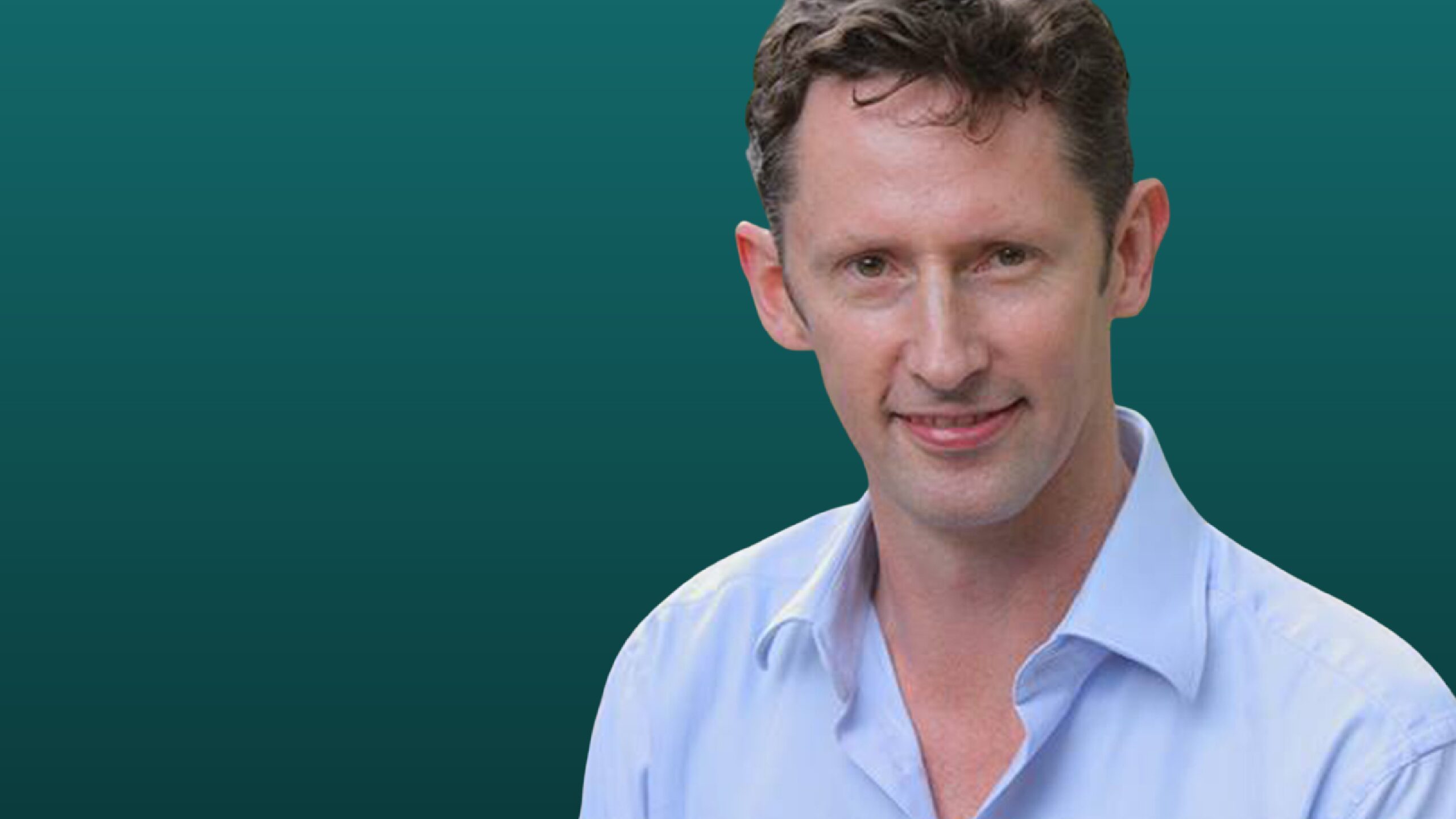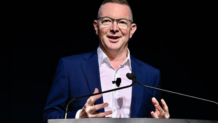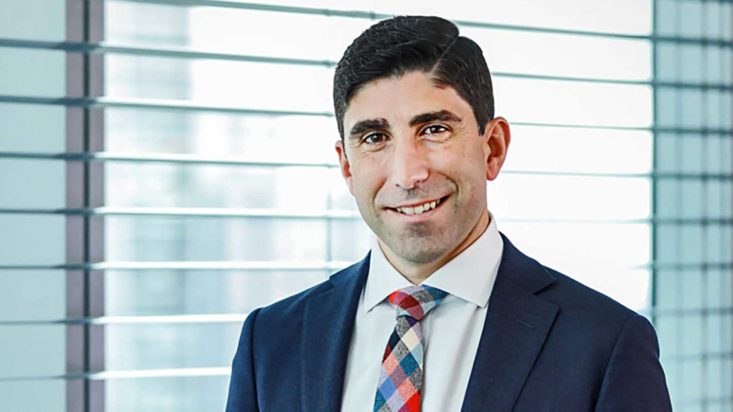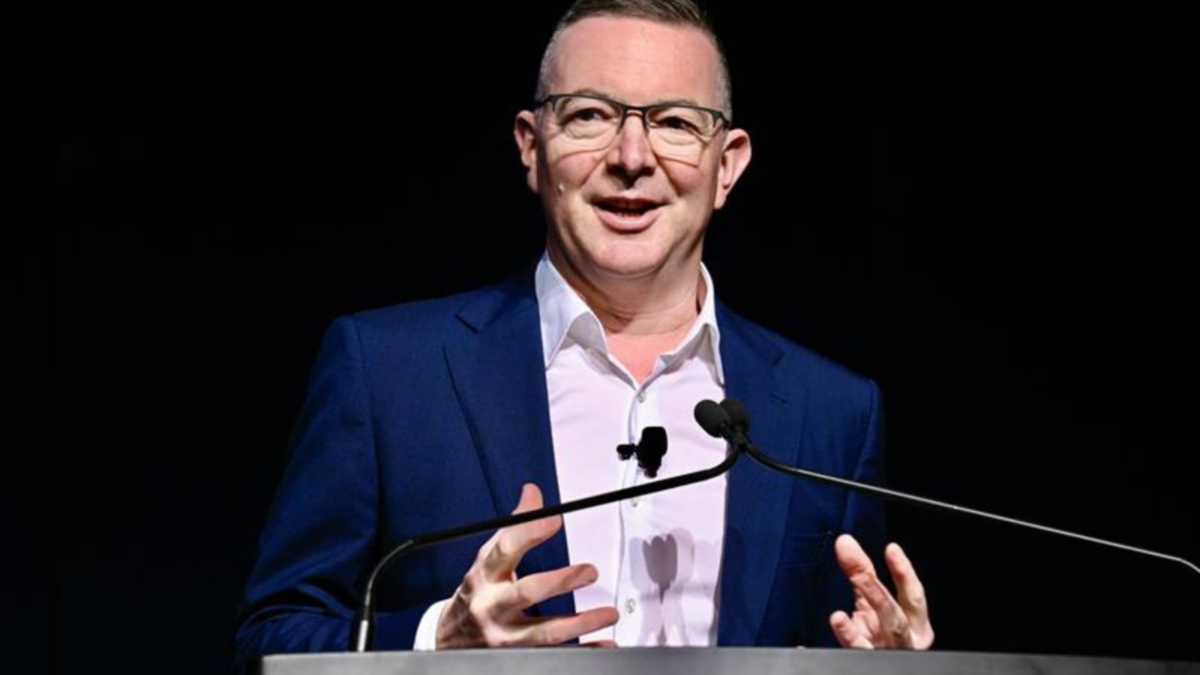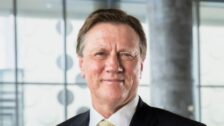Mota promises a new, digital-first IOOF
Renato Mota, IOOF CEO, believes that advice is changing – and that IOOF must change with it. Key to that will be bringing digital and “modular” services to the unadvised masses.
Fresh off the back of its acquisition of MLC, IOOF now has some 2.2 million clients, 1975 advisers, and a burning question to answer:
“How do we increase the supply of advice or advice-like services into a market that is clearly seeking more support in an increasingly complex world?” Mota asked at an investor presentation for IOOF’s full year results.
While IOOF is looking to improve “the quality and sustainability” of the traditional advice model, the key phrase here appears to be “advice-like”. Providing advice ain’t cheap, and neither is receiving it – especially for the predominantly underserved younger demographic who have shied away from the service in recent years. Reaching that demographic with an affordable proposition will be vital to the long-term survival of businesses like IOOF and its contemporary AMP, and Mota believes “modularity” is the way to go.
“We think there’s a significant opportunity in embracing a digital-first mindset, and leveraging concepts like cashflow management, goals planning and financial education to create a more engaging, coaching-like interaction with our clients in the younger demographics, which may extend that to a more modulated or episodic nature of advice,” Mota said.
With the acquisition of MLC, IOOF will have a million superannuation members that are unadvised, which Mota sees as an opportunity to build more relevance and value among the younger cohort. IOOF is currently in the process of building out its capabilities in what Mota calls “the financial wellbeing-sphere”, which he believes could improve net fund flows and client lifetime value, as well as creating potential new revenue models.
Mota believes the rising superannuation guarantee will also support the growth of advice by increasing the addressable market as it gradually moves from 10 per cent to 12 per cent by 2025 – and while that “comes with responsibility” it also creates “a vibrant market for continued growth”, and one that IOOF is looking to exploit going forward.
“The dynamics for advice, we think, have never been better, albeit that starting point does require some re-engineering and repositioning of the industry as a whole,” Mota said.
The comments are representative of an ongoing shift in thinking around advice, with large providers beginning to tentatively embrace digital solutions and piecemeal advice. Prior to his exit from the job, AMP CEO Francesco De Ferrari said that the company was considering providing more “episodic” advice centred on lifecycle events such as the purchase of a first home or the decision to start a family.
“So not having a financial adviser throughout your whole investment life cycle, but only at specific points in your life journey, where effectively having good advice is absolutely pivotal to ensuring retirement outcomes,” De Ferrari said in May.
“There’s full scale advice, there’s episodic advice, and then there’s the part we still have some work to do with the government and regulators which is the provision of phone-based and digitally enabled advice and that’s the area that will effectively allow us to make advice not just affordable for all Australians, but also an investible proposition for shareholders.”

